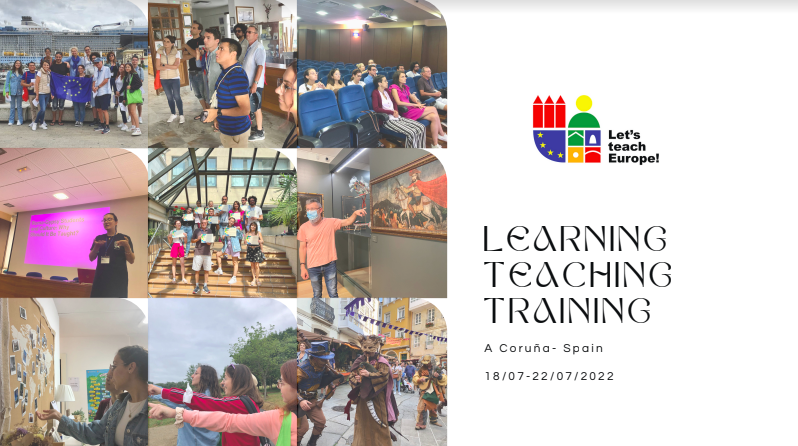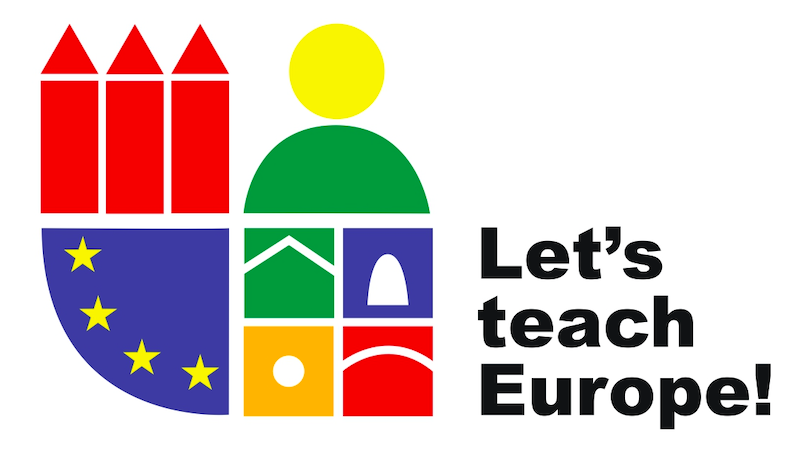This short-term joint staff training event was supposed to be the second project mobility. The local Heritage Route was planned for February 2021.
However, because of the pandemic and long lockdowns, teams visited A Coruna in July 2022.
The mobility lasted 3 full training days. Four participants from all partner organizations met together to gain knowledge of Galician Heritage and new teaching and intercultural competencies, as well as exchange good practices, experience and ideas and to get new inspiration for their lessons. The participating teams consisted of teachers and staff members responsible for educational offer. As A Coruna school staff members are Galicians who are really proud of their local heritage, they prepared the Spanish Heritage Route based on their school unique location.
A Coruña is small city shaped in the form of a small peninsula surrounded by the Atlantic Ocean and it is connected by roads with one of the most ancient pilgrimage ways: the Road to Santiago de Compostela.
Mobility participants could reveal secrets the city hides, including lots of historical episodes such as the entrance of Napoleon Troops and the victory of the Galician People headed by Maria Pita (Slocal “equivalent” to Catherine d’Arc) or the fight against the English Invincible Armada. What’s more, the participants could walk along the last stage of the traditional way to Santiago de Compostela as the school organized a symbolic short pilgrimage to Santiago. The Camino the Santiago is an unquestionable part of the human and European heritage and it is one of the oldest examples of connections between nations in Europe.
During workshops prepared by a host partner, adult educators had the chance to learn and experience the Celtic culture, Roman culture and architecture as well as traditional Galician medieval literature that has been shaped thanks to this way to Santiago.
Finally, the storytelling exchange was organized on the way to Santiago, which was to emulate the Canterbury Tales creating the Santiago Tales. This
triggered local tales and legends exchange between the participants from different countries – participants were telling their local short stories in their own language. These storytelling workshops was planned and prepared by participants before the mobility.
Activities carried out by the participants:
Main results include:

